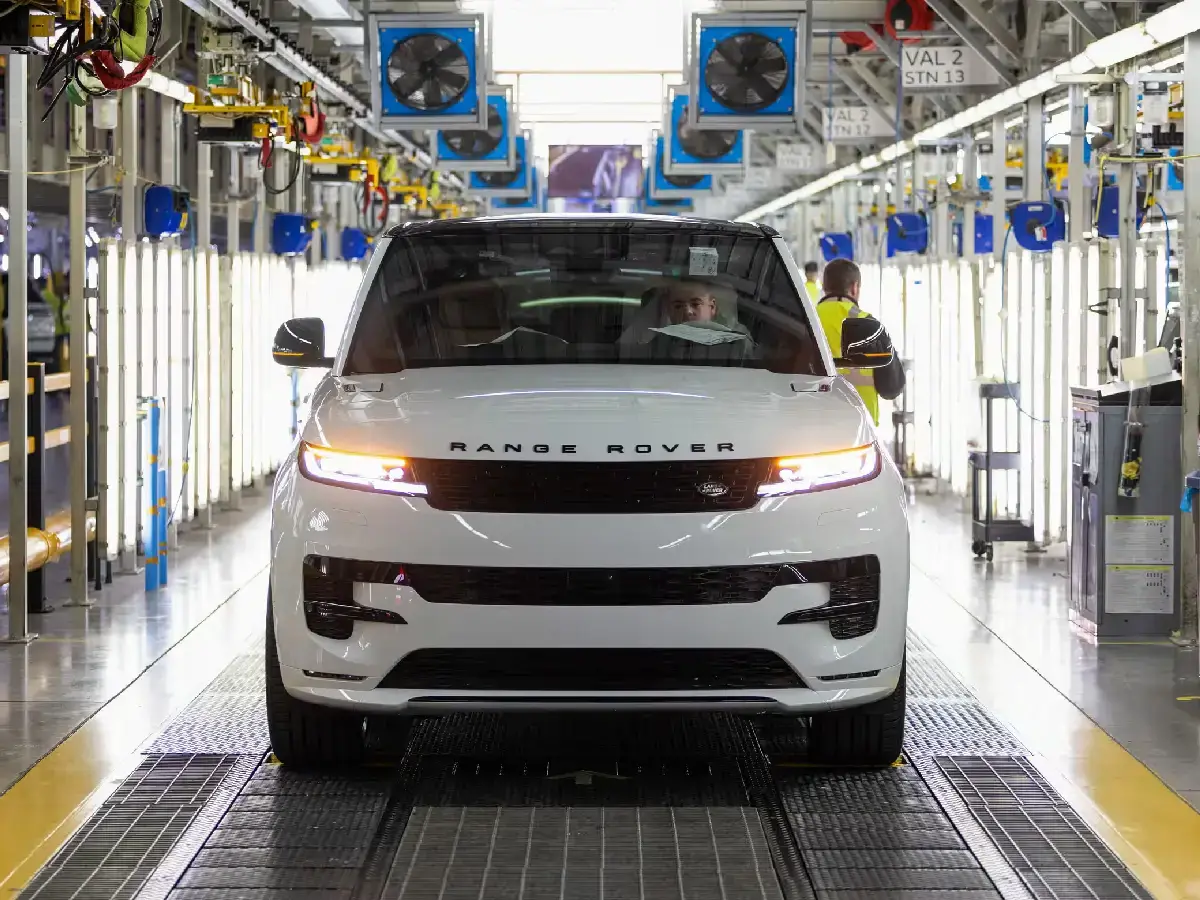### How Automakers Are Navigating Trade Policies: A Strategic Emphasis on U.S. Investments
In the face of evolving trade policies under the current administration, major automakers are adopting a cautious approach. Instead of directly challenging the changing regulations, they are highlighting their substantial investments in U.S. manufacturing, underscoring their commitment to the American economy and its workforce.
#### The Shift in Auto Industry Strategy
The global automotive industry is a cornerstone of technological innovation and economic growth. As trade norms continue to shift, companies within this sector are becoming increasingly strategic about their public stance. Rather than openly critiquing the administration’s trade strategies, car manufacturers are pointing to their robust investment fingerprints across the United States. This approach not only aligns them more favorably in public and political spheres but also underscores a deep-seated commitment to fostering domestic job creation and economic stability.
#### Highlighting U.S. Manufacturing Investments
Automakers have long been pivotal to the U.S. manufacturing landscape, with assembly plants, research facilities, and extensive supplier networks sprawling across the nation. These substantial investments are often in the billions of dollars, culminating in sophisticated production bases that employ thousands of American workers. By emphasizing these investments, automakers aim to solidify their role as key players in the U.S. economy, integral to both technological advancements and employment rates.
The focus on U.S. investments serves multiple purposes:
– **Economic Contribution**: It demonstrates the industry’s role in bolstering the U.S. economy through substantial financial investments and job creation.
– **Political Strategy**: By highlighting these contributions, automakers can navigate the delicate political environment, aligning their interests with governmental economic priorities without direct confrontation over trade policies.
– **Public Perception**: This tactic also helps in shaping public perception, positioning automakers as committed allies of the American workforce and contributors to local communities.
#### The Impact of Trade Policies on Auto Manufacturing
Trade policies play a crucial role in shaping the operational dynamics of the automotive industry. Tariffs, import quotas, and regulatory standards can profoundly affect everything from production costs to market strategies. With the U.S. often being a focal point of production and sales for global automakers, the local policy environment can significantly influence corporate strategies.
Recent political shifts towards more stringent trade policies have compelled automakers to emphasize their existing U.S. investments. This is a calculated move to avoid potential fallout from challenging new trade norms directly, which could include tariffs on imported components crucial to their manufacturing processes. Instead, a focus on domestic contributions tends to garner support from various stakeholders, including policymakers and the general public.
#### The Future Outlook
Looking ahead, the automotive industry’s approach to navigating U.S. trade policies may include further amplifying their investment in local manufacturing and perhaps even expanding their American footprint. This could involve launching new facilities, investing in next-generation automotive technologies, or increasing the U.S.-based workforce.
In light of these developments, the relationship between trade policies and industrial investment is more pronounced than ever. Automakers find themselves balancing on a tightrope where they must align their business strategies with political expectations without compromising on their global operational needs.
#### Conclusion
As trade policies continue to evolve, automakers are tactically positioning themselves by spotlighting their contributions to the U.S. manufacturing sector. This not only helps mitigate the risks associated with stringent trade regulations but also enhances their standing within the economic and political frameworks. The future will likely see an even greater focus on these strategic investments as automakers seek to secure stable ground in an unpredictable policy landscape.










